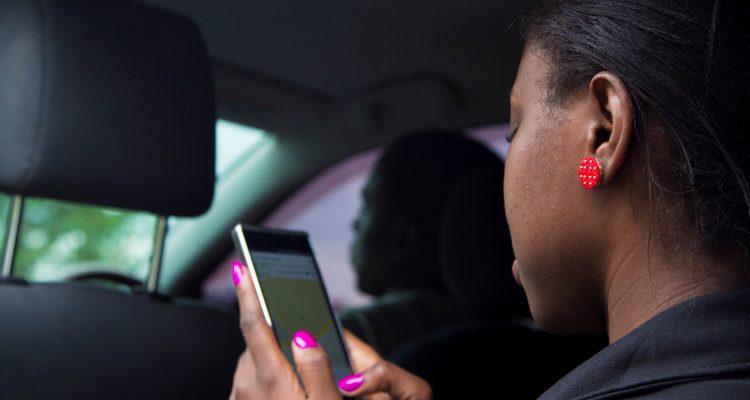Nairobi, the Kenyan capital, has become for almost a year the theater of a real price war between the different transport applications that compete for the market. For the US company Uber, Kenya is the second largest market in Africa, after Nigeria. But today, the Estonian Taxify and the Kenyan Little Cab compete for first place. A fierce competition, which has adverse consequences on the working conditions of drivers.
Dominic, in his thirties, became a driver on the Uber platform three years ago. But today, he does not want to hear about it anymore:
“When I started, it was really good. I managed to earn up to around 250 euros a week. Today, I could not even tell you, because I use less and less of this application. Because now, I do not make more profit, I’m losing money! Especially on long trips. ”
Over the last twelve months, Uber’s commission on each race has gone from 20% to 25%, while the price per kilometer paid by customers has decreased overall. Today, Samuel earns about $ 8 a day despite long hours of work.
“I start my days at 10 am, and finish them at midnight. But on Friday and Saturday, I can work 24 hours in a row and when I’m too tired, I drop my seat and take a nap of an hour in the car. ”
Last August, the drivers of the various mobile taxi platforms in Kenya went on strike, protesting against a widespread price drop due to ever-increasing competition. The Estonian application Taxify came on the market in January 2017 by breaking prices for customers. Its goal, conquer the African markets already invested by Uber by attracting drivers.
“We try to be the best platform for drivers,” says Karl Aru, Taxify’s Director of Development. It means taking a smaller commission on the races. We take 15%, while most of our competitors take 22 to 25%. Today, we have thousands of drivers and hundreds of thousands of users in Kenya. ”
Taxify, which operates in more than 20 countries, is targeting $ 1 billion in sales this year, a sign of extremely rapid growth and growing demand for this type of service, says economist Aly Khan Stachu. .
“I could define it as one of the fastest growing markets since Kenya’s independence. When Uber came first, they totaled one million races in fifteen months and that is only increasing. These applications have responded to a huge need in the country. ”
The market also attracts local businesses: Little Cab, created by Kenyan telecommunications giant Safaricom today has 9,000 drivers, and is currently testing its entry into South Africa.
Rfi


Leave a Reply